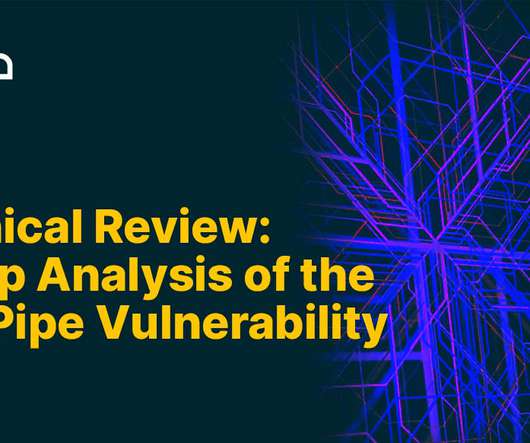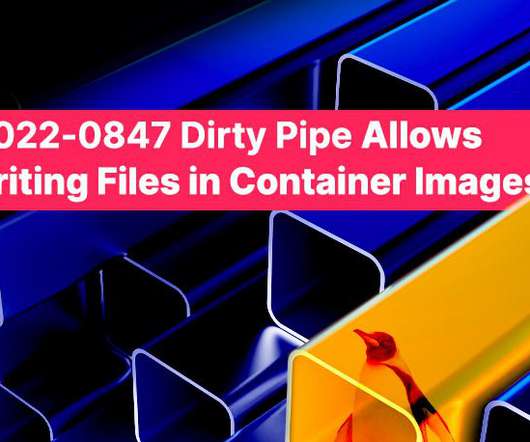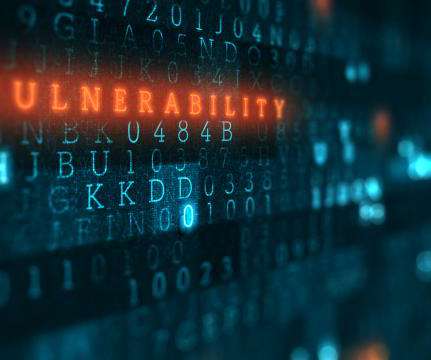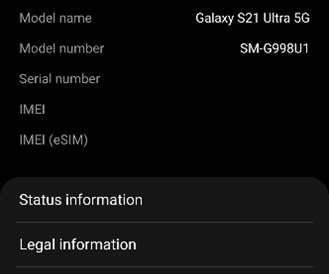Technical Review: A Deep Analysis of the Dirty Pipe Vulnerability
Aqua Security
DECEMBER 14, 2022
Dirty Pipe ( CVE-2022-0847 ) proved that there is a new way to exploit Linux syscalls to write to files with a read-only privileges. An application of this vulnerability would be to write on the host from an unprivileged container.
















Let's personalize your content